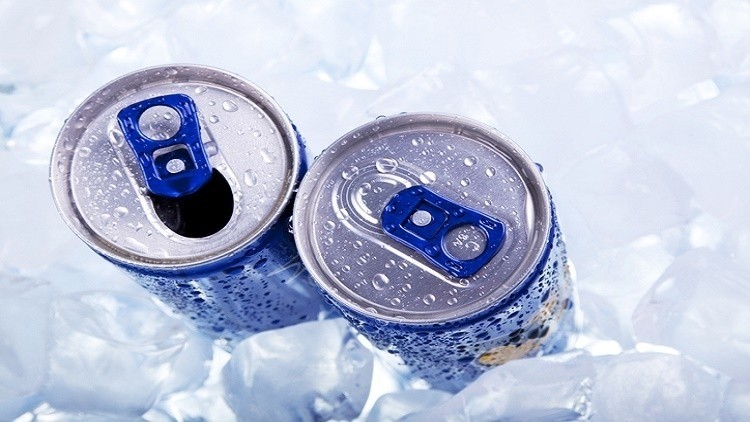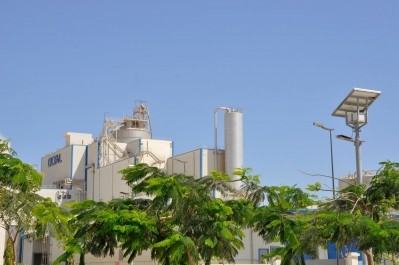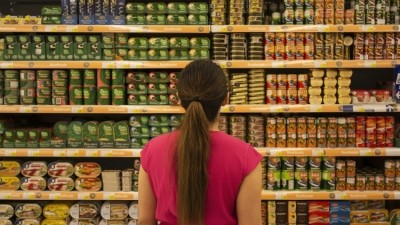Policy Picks: The latest on regulatory updates in South East Asia, the Middle East, Taiwan and more

More tax in the Middle East: Oman joins Saudi and Qatar in introducing tax on energy and soft drinks
Oman is joining other GCC states, including Saudi Arabia, the UAE, and Qatar in implementing a selective tax on energy drinks, soft drinks, alcoholic beverages, and tobacco.
Similar to Qatar, it has added pork meat into the list of items to be taxed.
The tax rate for tobacco, pork, alcoholic beverages and energy drinks is set at 100% while that of soft drinks is 50%, according to an announcement by Oman’s Secretariat General for Taxation (SGT).
Taiwan food chiefs hatch new egg safety plan to crack down on fipronil fears
The Taiwan Food and Drug Adminstration (FDA) has announced a new food safety certification requirement for the import of eggs and a raft of egg products and ingredients from August this year.
In an official statement on its website, the Taiwan FDA said: “To strengthen the food safety and hygiene management of imported eggs and egg products. [the FDA has decided that] an ‘Official Food Hygiene Certification Document for Imported Eggs and Egg Products for Food Purposes’ will need to be attached [for all related imports starting August 1 2019].”
The new regulation will apply to all eggs and related products, including fresh eggs, eggs in liquid form, liquid egg whites, liquid egg yolks, whole egg powders, egg yolk powder and so on.
Non-halal candy: Malaysia may follow Brunei in removing White Rabbit from halal shelves
Popular China-made candy White Rabbit has recently been under fire in Brunei after a study conducted by the country’s Islamic authority revealed it to contain pig protein, and Malaysia now looks likely to follow in its South East Asian neighbour’s footsteps.
In an official statement, the Ministry of Religious Affairs of Brunei (MoRA) announced earlier this month that the Halal Food Control Division had sent samples of the White Rabbit candy to be analysed by the Health Ministry’s Scientific Services Department, which tested positive for pig protein.
“As such, MoRA is calling upon importers and retailers to separate this product from general shelves and put it in the ‘Non-Halal’ section, and for Islamic consumers to stay away from and not eat this product,” said the ministry.
Sour taste: 280+ ‘fake vinegar’ brands should be revealed and ‘pulled off shelves’ in the Philippines
Philippines Agriculture Secretary Emmanuel Pinol has urged the local Food and Drug Administration (FDA) and Philippine Nuclear Research Institute (PNRI) to release the brand names of vinegar products containing synthetic acetic acid, recently found to make up some 80% of vinegar in the country.
Via an official FDA press release earlier this month, it was reported that a PNRI study had found that ‘as many as eight out of ten vinegar products are not made from natural sources’.
Over 360 brands of commercial vinegar had been tested in the study, meaning that over 280 vinegar brands should be considered as ‘fake’ vinegar, according to the FDA.
GST expansion shot down: Australian PM rejects leaked suggestion to broaden food taxation
Recently re-elected Australian Prime Minister Scott Morrison has announced that the government will not be taking up the Australian Tax Office (ATO) suggestion to extend the application of Goods and Service Tax (GST) to a broader range of food items.
The ATO suggestion was revealed by The Age and The Sydney Morning Herald earlier this month, citing leaked ATO internal documents describing current GST applications to food as ‘confusing’ and varied depending on packaging, marketing, and consumption.
In a statement to FoodNavigator-Asia, an ATO spokesman said that the documents were not meant for release’ and that the media was not meant to have access to the ‘internal working brief’.



















